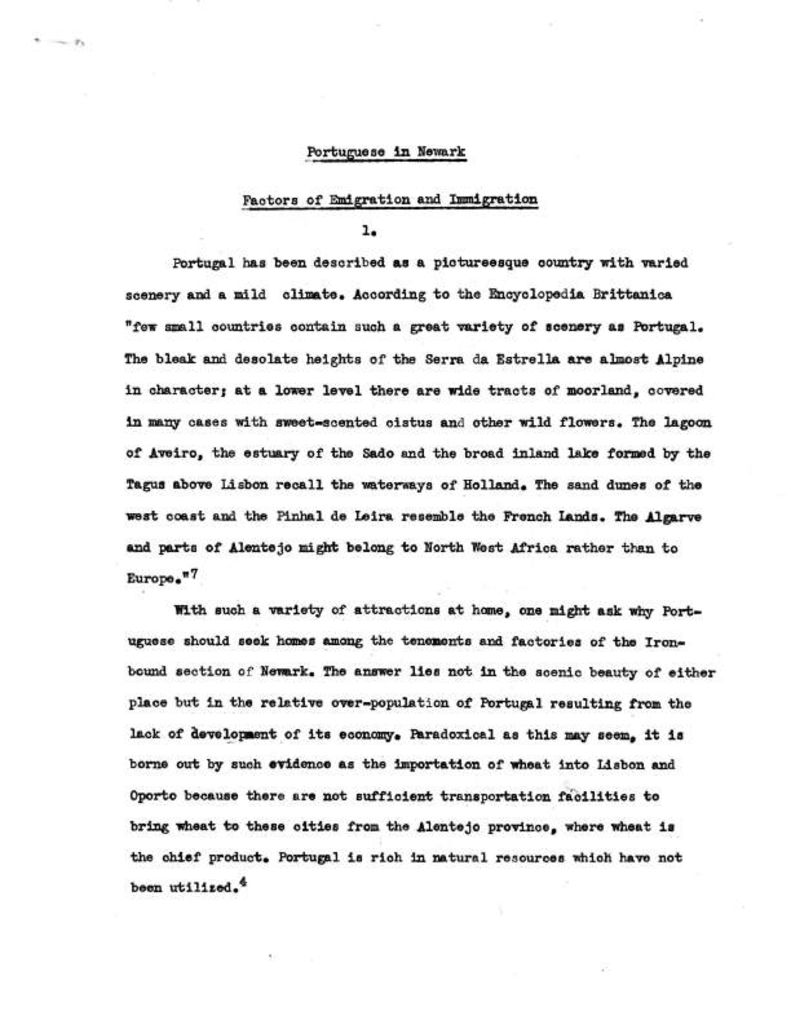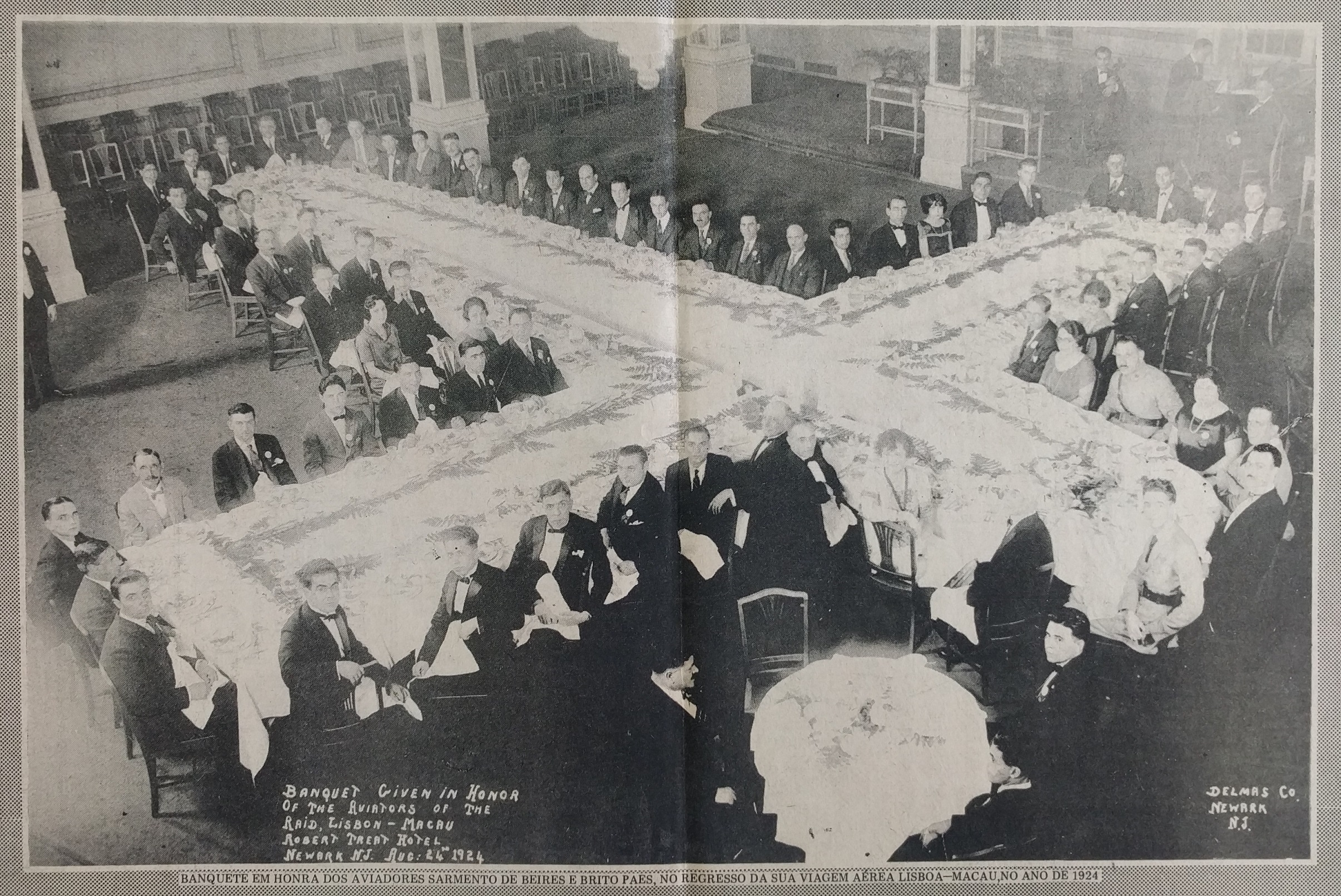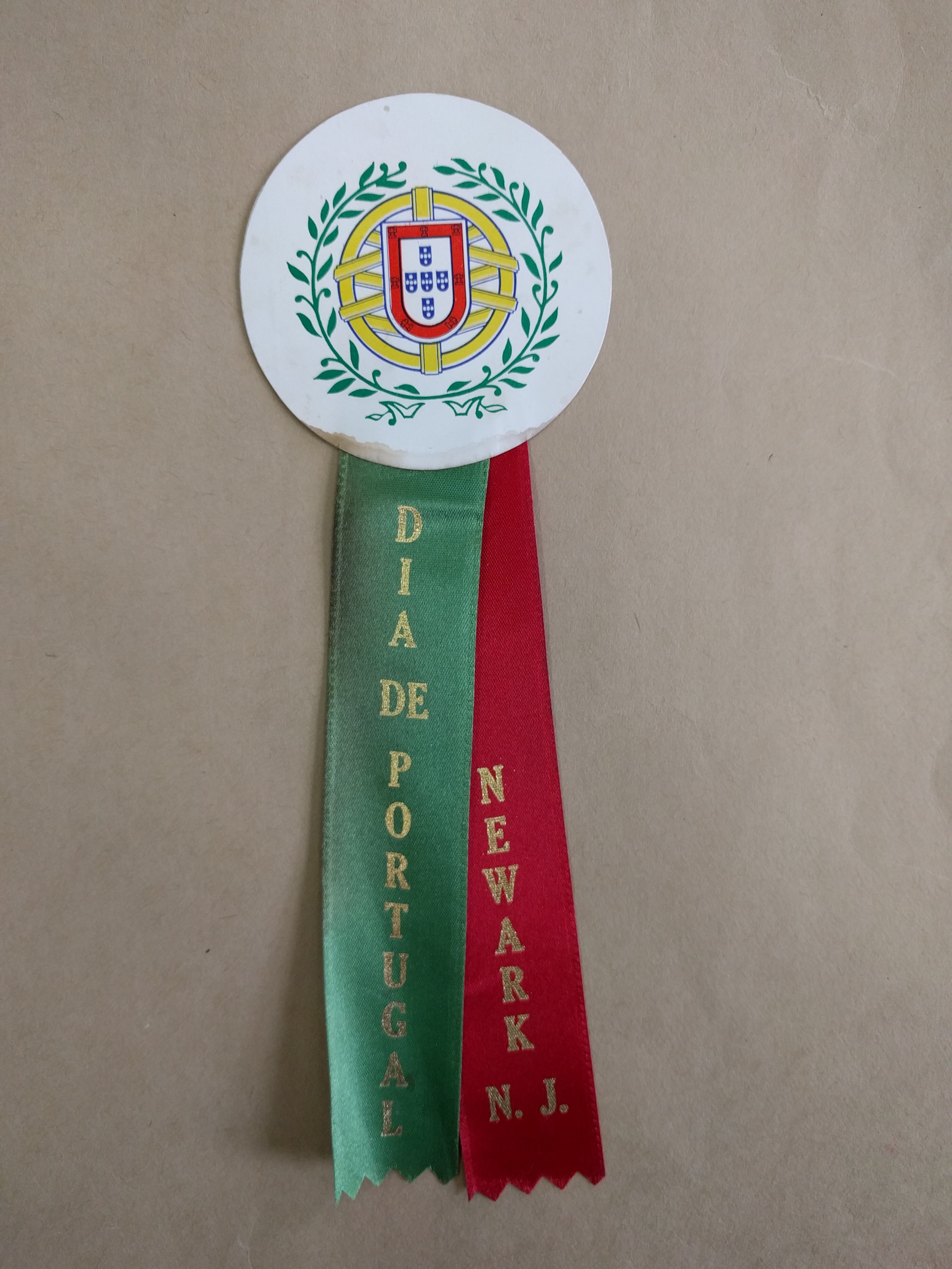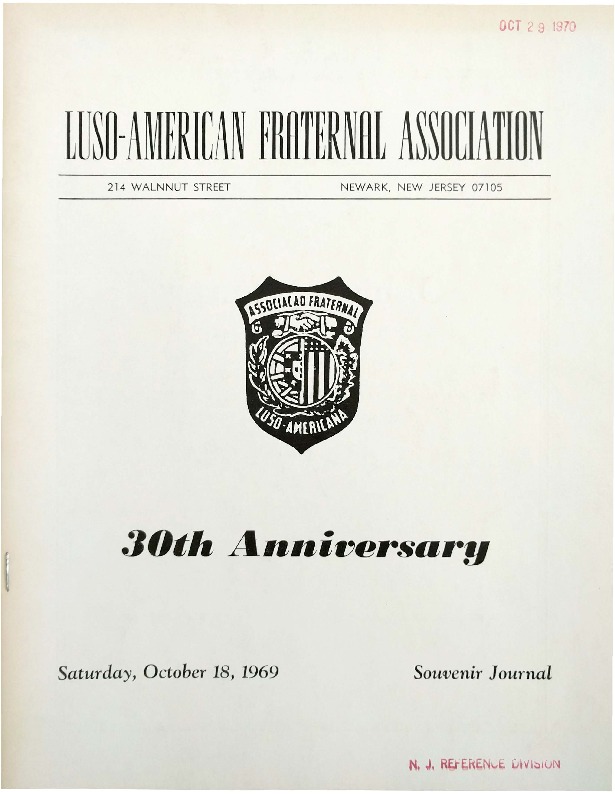Portuguese
As early as 200 years ago, the first Portuguese came to New Jersey as slave traders. Some of them decided to settle down after sailing between the continent of Africa and North America for some time. Before 1900, there were 38 Portuguese residents of Newark. In the late 1920s, some Portuguese immigrants came to Newark to make money before returning home to Portugal. The majority of Portuguese now living in Newark, however, came from settlers who first went to Massachusetts to live and work, but found their jobs had headed south in the United States. Upon hearing of job opportunities in Newark, they brought their families to the city.
Many of these Portuguese migrants worked in textile factories, linoleum factories and for Public Service Electric and Gas. They lived along Ferry Street and throughout what is now the East Ward. The Portuguese were good at putting aside a portion of their money and sending it to Portugal to be invested at 7-8% interest. They managed to accumulate sizable sums of money that they used to invest in more than 100 small businesses in Newark, including restaurants, taverns, and stores of all types, most of them on or near Ferry Street in the Ironbound.
These commercial ventures, along with housing developments, have expanded and been maintained by Portuguese businesspersons and contractors for nearly 70 years. It is very difficult for outsiders to penetrate the commercial bonds that exist in this community. The source of the Portuguese community’s strength is their reliance upon one another.
Newark’s Portuguese residents are very committed to their clubs, social organizations and churches in the East Ward. Second and third generation Portuguese have taken advantage of education and business opportunities and have entered the ranks of professionals, educators, administrators and elected officials.
References:
“Portuguese in Newark: Factors of Emigration and Immigration,” WPA Ethnic Survey, 1939.
Clip from an interview with Councilman Augusto Amador, in which he describes why Portuguese migrants came to Newark, as well as the contributions that Newark’s Portuguese-American communities have made to the city’s development. Portuguese immigrants to Newark have settled and developed strong institutions and networks in the city’s Ironbound District. — Credit: Junius Williams Collection
Explore The Archives
Clip from an interview with Councilman Augusto Amador, in which he describes why Newark’s Portuguese communities stayed within the city and how they have contributed to Newark’s development. Portuguese immigrants to Newark have settled and developed strong institutions and networks in the city’s Ironbound District. — Credit: Junius Williams Collection

Report from the Works Progress Administration (WPA) on the histories of Portuguese-American communities in Newark. The WPA conducted lengthy surveys of immigrant, ethnic, and racial populations in various cities during the Great Depression-era to better understand and preserve the histories of these groups. — Credit: New Jersey State Archives

Some of Newark’s Portuguese community hold a banquet at the Robert Treat Hotel to honor the aviators of the Lisbon-Macau Raid on August 24, 1924. — Credit: Newark Public Library

Ribbon from the “Dia De Portugal” (Portugal Day), a longstanding tradition in Newark to celebrate the culture and heritage of the city’s Portuguese community. — Credit: Newark Public Library

Cover page from the 30th Anniversary journal of Newark’s Luso-American Fraternal Association in 1969. Newark’s Portuguese residents are very committed to their clubs, social organizations, and churches in the East Ward. — Credit: Newark Public Library
